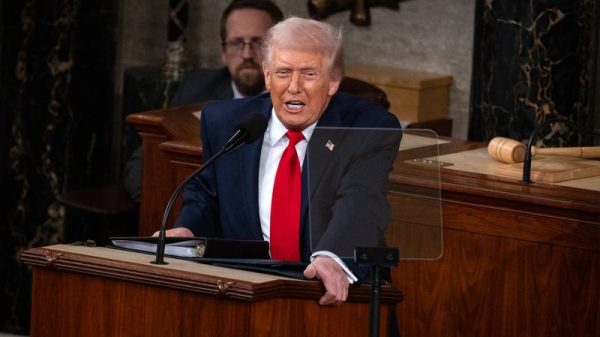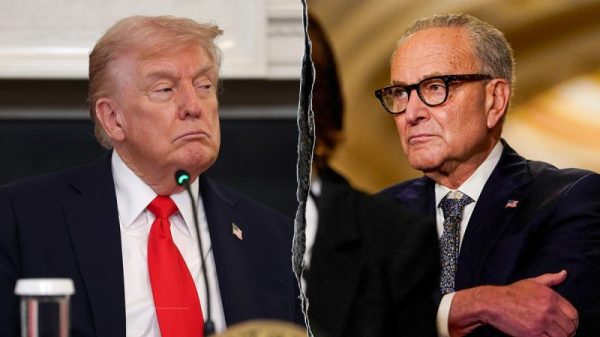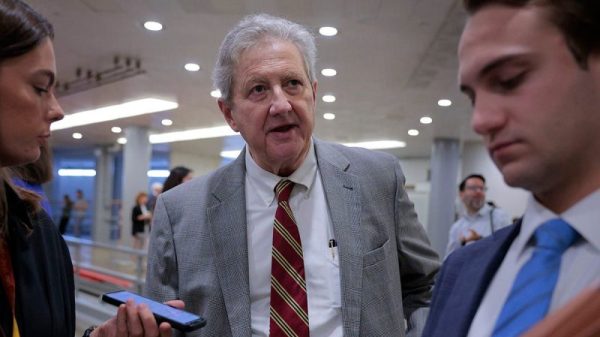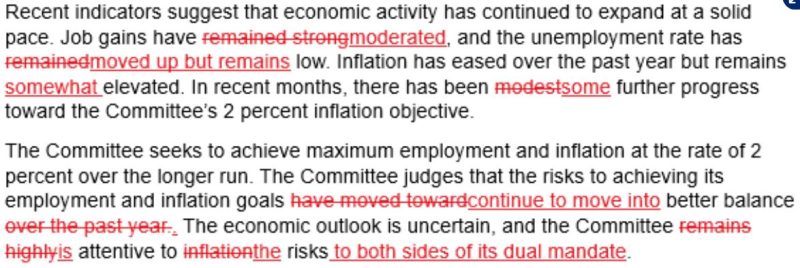The Federal Reserve, often referred to simply as the Fed, plays a crucial role in the U.S. economy by controlling monetary policy and regulating the flow of money in the financial system. However, recent decisions made by the Fed have raised concerns and sparked debate among economists and financial experts.
One of the key issues that have drawn criticism is the Fed’s continuous intervention in financial markets through various unconventional policies. These interventions, such as quantitative easing and low-interest rates, were initially implemented in response to the 2008 financial crisis to boost economic growth and stabilize the economy. However, critics argue that the Fed’s prolonged reliance on these measures has created a situation where the markets have become overly dependent on central bank support.
The Fed’s interventionist approach has resulted in an environment where asset prices are artificially inflated, leading to concerns about asset bubbles and market distortions. As the Fed continues to pump money into the financial system, it inadvertently creates a situation where risk-taking is encouraged, and market participants may be inclined to take on excessive levels of leverage.
Moreover, the Fed’s policies have had unintended consequences on income inequality. While the wealthy have benefited from rising asset prices, the average worker has seen limited wage growth and has struggled to keep up with the increasing cost of living. This growing wealth gap has the potential to destabilize the economy and create social unrest.
Another issue that has raised eyebrows is the Fed’s lack of transparency in its decision-making process. Critics argue that the central bank’s actions are often shrouded in secrecy, making it difficult for the public to understand the rationale behind its policies. This lack of transparency erodes trust in the Fed and raises questions about its accountability to the American people.
Furthermore, the Fed’s interventions have inadvertently created a moral hazard problem, where market participants believe that the central bank will step in to bail them out in times of crisis. This expectation of a safety net leads to excessive risk-taking and a lack of responsibility among financial institutions, as they feel shielded from the consequences of their actions.
In conclusion, while the Federal Reserve has a crucial role to play in stabilizing the economy and ensuring financial stability, its reliance on unconventional policies has created a situation where the markets are overly reliant on central bank support. The Fed’s lack of transparency, unintended consequences on income inequality, and the creation of moral hazard are all valid concerns that need to be addressed to ensure the long-term health and stability of the financial system.






















